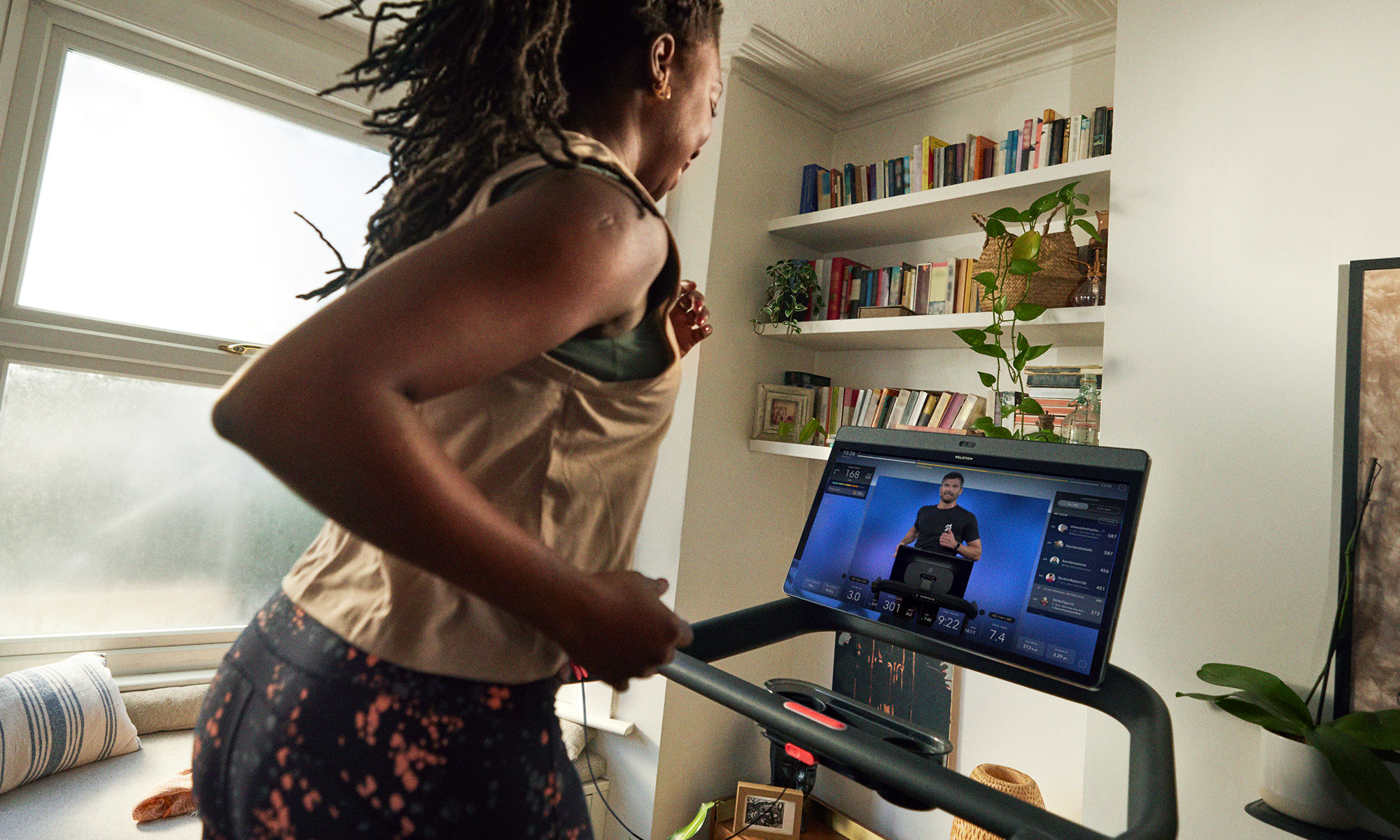Iovance Biotherapeutics: A High-Risk, High-Reward Oncology Play

Iovance Biotherapeutics has received regulatory approval for Amtagvi, a novel cell therapy targeting melanoma. Fiscal year 2025 revenue, largely attributable to Amtagvi, reached $263.5 million, representing a 60.6% year-over-year increase. This initial commercial performance, while encouraging, must be contextualized within the broader competitive landscape and the complexities of cell therapy administration.







